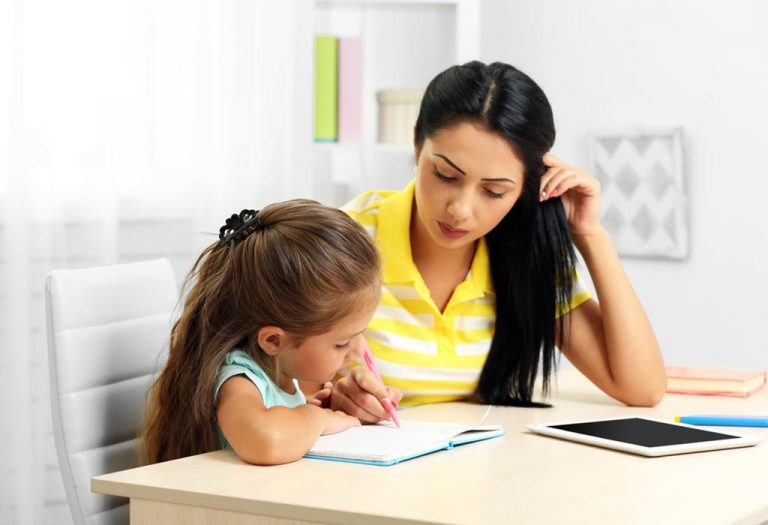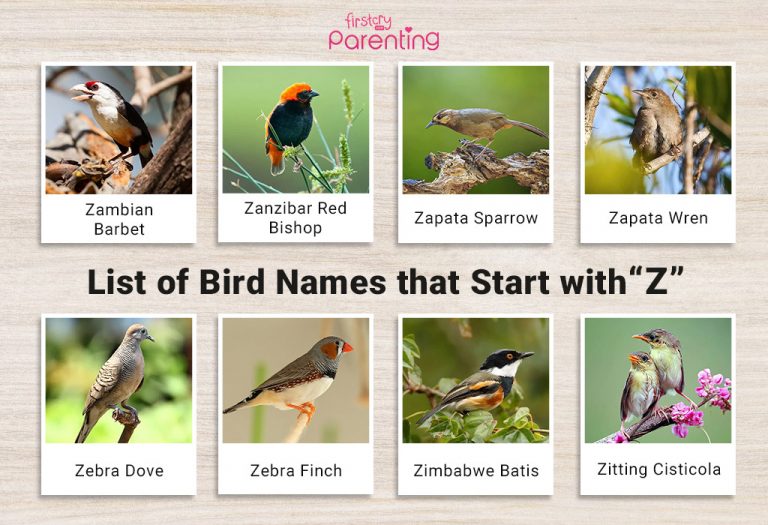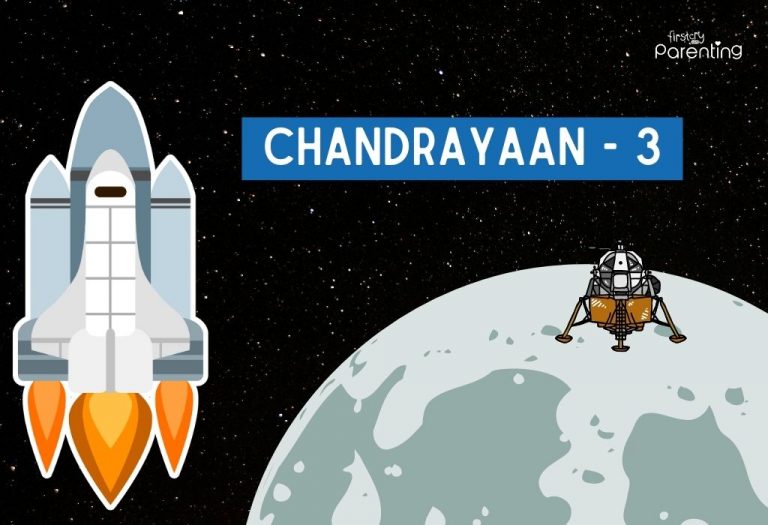Homeschooling in India – Pros and Cons
Homeschool options are considered by parents for reasons such as discontent with the schooling systems, the rising crimes in schools, the ever-rising fee structures of schools, and the belief that their kids are not gaining much from the traditional schooling system. Additionally, homeschooling in India is gaining popularity as more parents explore this alternative for personalized education. It could also be due to various religious superstitions of parents or their desire to provide a learning environment that aligns closely with their values, beliefs, and cultural practices. Parents may also choose homeschooling to cater to children with special needs or to foster unique talents that traditional schools might overlook.
What Is Homeschooling?
Parents nowadays are more educated than before. They hold the capability to teach their kids the values and lessons taught at school. With this, the idea of educating children at home has also gained momentum. And this is what homeschooling is all about: teaching kids at home rather than sending them to any education provider.
The advent of homeschooling education has its roots back in time as prior to the introduction of the education laws, parents used to educate their children at home itself. It must be noted here is that home teaching is legal in some countries only, and not all nations officially permit this type of education.
Is Homeschool Learning in India Legal?
In India, there is certainly no awareness regarding homeschooling. The government of India has an RTI Act in place that states that compulsory education for every kid between the ages of 7-14 should be provided. However, the government has failed to clarify any fact regarding homeschooling. This, in turn, has forced some parents to ask for clarifications or even file petitions to get their stance cleared regarding homeschooling or ask – is homeschooling allowed in India?
The government of India has been quite divergent on homeschooling options as they have not taken action against parents who don’t prefer sending their wards to school and also they have stated in the past that parents who are dissatisfied with the schooling system can choose to homeschool as a teaching option.
According to RTI Act, 2009, every kid should be attending school, but if for any valid reason, parents choose not to, the government is not going to interfere. The only idea behind all this is schooling children, whether at home or at school. And, as far as the education needs of kids is getting fulfilled, there is no issue with homeschooling as well.
But the dilemma lies in the fact that the government has in the past and is changing stances on homeschooling. They legally do not allow homeschooling, and on the other hand, if someone wishes to put his or her children through hometeaching, the government would not interfere or act against them.
The whole picture is quite confusing putting homeschooling in India in a contradictory spectrum.
Educational Boards for Homeschooling in India
Homeschooling in India has gained significant traction in recent years, with parents opting for flexible and personalised education methods. Various educational boards cater to the needs of homeschooling families, offering structured curriculums and certification options.
1. National Institute of Open Schooling (NIOS)
The National Institute of Open Schooling (NIOS) is a government-approved board that provides a flexible learning structure for homeschooled students. It allows students to choose subjects of interest, study at their own pace, and appear for exams to earn certifications equivalent to mainstream school boards.
2. International General Certificate of Secondary Education (IGCSE)
The IGCSE curriculum, offered by Cambridge Assessment International Education, is a popular choice for homeschooling families in India. It provides a comprehensive syllabus recognized globally, making it an excellent option for students who may pursue higher education abroad.
Admission Process for Homeschooling
The admission procedure for homeschooling in India varies depending on the educational board and curriculum chosen. While homeschooling allows for flexibility, parents must ensure they follow the guidelines of the chosen board for enrollment and certification.
- Choose a Homeschool-Friendly Board: Begin by selecting a board like NIOS or IGCSE that accommodates homeschooling. Research their requirements for enrollment, syllabus, and examination processes.
- Register and Submit Required Documents: Complete the registration process by filling out the board’s application form. Submit essential documents such as proof of identity, previous academic records (if applicable), and birth certificates.
- Plan the Curriculum: After registration, choose or customise a curriculum based on the board’s guidelines and your child’s interests and learning pace.
Advantages of Homeschooling
The following are the benefits of homeschooling:
- The parents have control over what their children learn
- Helps build good relationships and bond with the children
- Provides flexibility over teaching timings
- Provides an opportunity to make learning exciting through your innovative learning ideas
- Helps provide necessary attention to your kids
- Provides an opportunity that aids in practical learning experiences
- Protects your wards from the negativity of society
- Provides an opportunity to pass on your values and beliefs to your children
- An opportunity to provide attention to subjects where your kid lacks attention
- Helps in conveying your self-earned tricks and shortcuts for easy and fast learning
- Helps in teaching your kids in a better and more effective manner by developing a one-to-one relationship with them
- An opportunity for your kids to learn great lessons from your life experiences
- Helps make your kids believe that education can be exciting and fun
- Helps in making parents aware of their children’s hidden talents
- It also helps initiate discussion between parents and kids where the parents can also learn from children
Disadvantages of Homeschooling
The following are the drawbacks of homeschooling:
- Face the wrath of people who do not support homeschooling
- It can lead to frustrations in kids as they can’t enjoy school and make new friends
- This can sometimes make kids go into depression as they have no or minimal interactions outside their home
- There will be days when you will not be able to give your entire attention to kids. At that time, they may lag behind in their studies.
- You will be in constant worry about your kid’s education and not be able to relax much even after coming from long hours of work.
- Large costs are involved in homeschooling as the study material and other resources need to be bought, and parents have to bear all of it on their shoulders
- Sometimes, parents may lack patience when teaching kids. This, in turn, may lead to your kids getting distant from you.
- No overall knowledge of all the subjects as parents may not be good at teaching each and everything.
- No further opportunities as colleges ask for schooling certificates when seeking admissions
- Irregular learning as parents may have their personal commitments that may prevent them from daily teaching sessions.
FAQs
1. Can a homeschooled child participate in competitive exams like JEE or NEET?
Yes, homeschooled children can appear for competitive exams like JEE or NEET. They need to register through recognised boards like NIOS, which meet the eligibility criteria for such exams. Proper documentation and adherence to the board’s guidelines are essential.
2. How do universities in India view homeschooled students?
Many universities in India accept homeschooled students, especially those with certifications from boards like NIOS or IGCSE. However, specific institutions may require additional entrance exams or interviews to assess the candidate’s academic readiness.
These were some interesting facts regarding homeschooling. Though homeschooling is a good and viable option, one should read through the advantages and disadvantages of the same before making any life decisions for their kids because their future and success lie in your hands.
References/Resources:
1. Baig. M; To Study the Impact of Homeschooling on Students Achievements -A Simple Literature Review; ResearchGate; https://www.researchgate.net/publication/343111543_To_Study_the_Impact_of_Homeschooling_on_Students_Achievements_-A_Simple_Literature_Review; May 2019
2. Jamaludin. K, Alias. N, DeWitt. D; Research and Trends in the Studies of Homeschooling Practices: A Review on Selected
Journals; The Turkish Online Journal of Educational Technology; https://files.eric.ed.gov/fulltext/EJ1067705.pdf; July 2015
3. Dongabanti. B; Parent’s Perspective on Homeschooling: A Review Paper; International Journal of Innovative Research in Engineering & Management; https://www.ijirem.org/DOC/139-parents-perspective-on-homeschooling.pdf; November 2021
4. Barwegen. L, Falciani. N, Putnam. J, Reamer. M, Stair. E; Academic Achievement of Homeschool and Public School Students and Student Perception of Parent Involvement; U.S. Department of Education; https://files.eric.ed.gov/fulltext/EJ794828.pdf
Also Read:
RTE School Admission
List of Best Education Boards in India
Preschool Education for Your Kid
No Detention Policy in Education – Pros & Cons
Tips for Choosing the Best School for Your Child
Was This Article Helpful?
Parenting is a huge responsibility, for you as a caregiver, but also for us as a parenting content platform. We understand that and take our responsibility of creating credible content seriously. FirstCry Parenting articles are written and published only after extensive research using factually sound references to deliver quality content that is accurate, validated by experts, and completely reliable. To understand how we go about creating content that is credible, read our editorial policy here.














.svg)
















